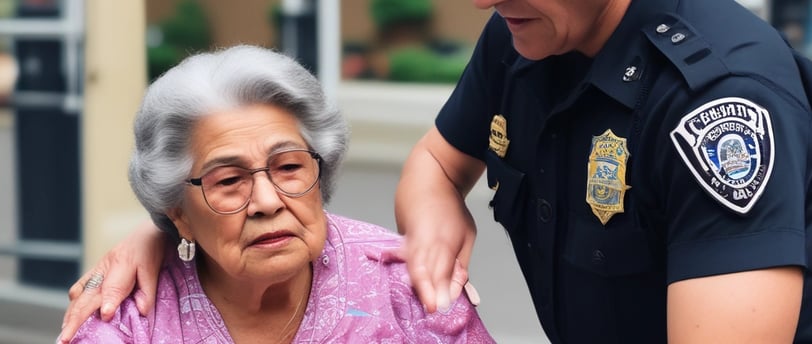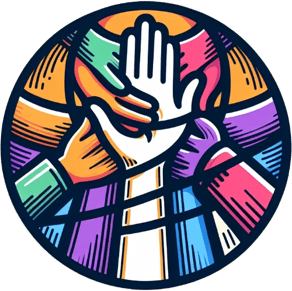Loss of a Matriarch
5/8/20252 min read


After 45 years of living in the United States, my mother was taken from us. Her life, built over nearly half a century in a country she had come to call home, was shattered in an instant. She was a mother, a grandmother, a pillar of our family—she gave everything for us. And now, in a moment of cold bureaucracy, they ripped her away.
The morning they took her, there was no warning. She had lived her life like so many others—working tirelessly to provide for her children and grandchildren, caring for us when we were sick, standing by us during our hardest times. But none of that mattered when they came for her.
She was forced to leave behind everything—her home, her community, the family she helped raise. Her children and grandchildren are still here, devastated. We never thought we’d be living in a world where we couldn’t just pick up the phone and hear her voice, or gather at her kitchen table for family dinners. She was taken from us without any understanding of how deep the pain would run.
After the deportation, we found out she was sent to El Salvador—a country she hadn’t seen in 45 years. The land of her birth was now a foreign place, so different from the life she had built. She left behind her children, her grandchildren, and the small community that had become her family.
When she arrived, she was lost. The language, the culture, the people—everything had changed, even though it was supposed to be "home." She was a stranger in a land she had barely known, a woman without the support system she had spent years building. How could a country that once felt like home now seem so distant? How could we, her children, stand by and watch as she was left to navigate this new world alone?
In the United States, she had lived a full life, a life full of love and sacrifice. But in El Salvador, she was just another deportee, someone who didn’t belong. My mother was left with nothing but memories of a time when her children were small, when her grandchildren were little, when she could hold them close.
Her heart aches for us, and ours aches for her. Our family is scattered now—broken, divided by borders. She lives in a place that feels foreign to her, but the most painful part is knowing that her children and grandchildren are still in the U.S., struggling without her. We are left to pick up the pieces of our lives, now incomplete, as she waits to return to the country she thought she would never have to leave.
